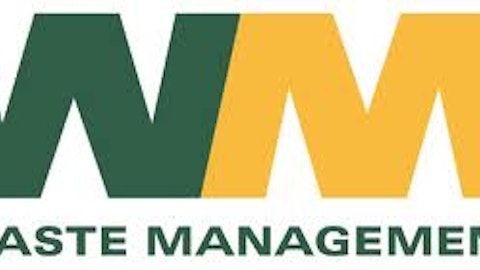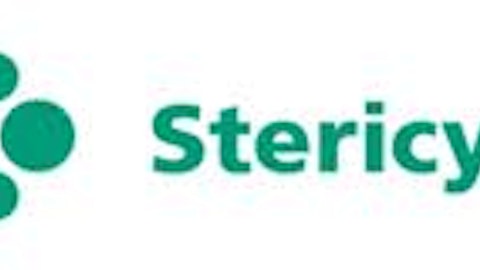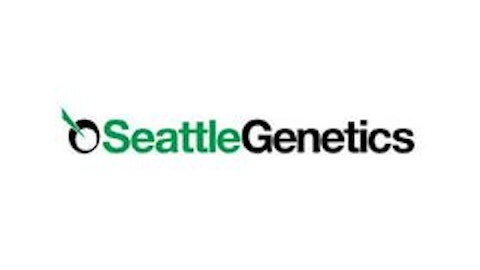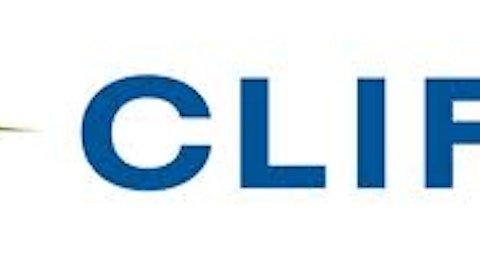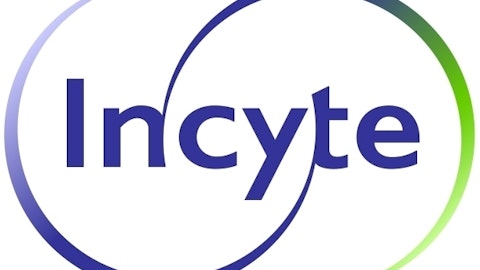Analyst downgrades are a dime a dozen. They often move stocks, but few are what I would consider good calls. Historically, analysts have a tendency to simply follow the direction of a stock — something I call following the leader — and intense competition on Wall Street has left few analysts willing to stand behind a bold call. That said, analysts do have their moments, and three recent calls in particular show the essentials of strong, responsible analysis. Simply put, these are the calls that you should follow.
Reassessing a call
Goldman’s call on Veolia Environnement SA (ADR) (NYSE:VE) wasn’t spectacular in itself, but Goldman’s consideration of valuation and performance is definitely worth noting.
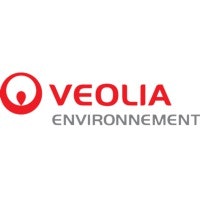
Veolia Environnement SA (ADR) (NYSE:VE) is a provider of environmental management services, including water and waste. Back in early July, Goldman upgraded the stock, noting significant restructuring potential and expectations for a 48% 2013-2015 EPS compound growth rate.
Since then, Veolia Environnement SA (ADR) (NYSE:VE) has traded higher by 40%, and Goldman has reassessed its call, lowering its rating a to “neutral” rating from “buy.” Goldman notes that cost-cutting measures have met expectations but earnings were still less than expected in Veolia’s most recent quarter. Thus while Goldman once saw room to restructure, it now sees pricing as an issue for the company.
Now, what makes this such an excellent call is that Goldman was right both times. In July, the stock had traded at a one-month 13% loss, and its risk-reward profile looked good. Since then the company has reported earnings, and although they were decent, Goldman thought the EPS disappointment suggested a good time to take profits — which, after a 40% gain, could certainly be a good call.
In investing, there’s nothing wrong with taking a profit. Goldman walked away after a 40% pop and gave investors a prime opportunity to sell at the high end, making it a great call all around.
Let the results sink in
Clearly, the market was impressed with Incyte Corporation (NASDAQ:INCY)‘s phase 2 data for its drug Jakafi for treating pancreatic cancer. The stock jumped 30% last week reported that 42% of patients were still alive six months post-Jakafi treatment, versus 11% with a placebo. The $1.37 billion in market capitalization that was added to Incyte’s stock suggests that data was a home run — or was it?
Once again, Goldman is playing the contrarian: The firm gave Incyte a $26 price target but a “sell” rating, saying that the stock’s reaction was premature and that there is a limited amount of data and visibility on subgroup criteria; Incyte Corporation (NASDAQ:INCY) only announced data for a “limited” number of patients, or a subgroup from the original trial. The company provided no data on its other subgroups, nor did it disclose any secondary endpoints.
Goldman’s downgrade reminds us that despite large stock gains in biotechnology, investors must be skeptical of initial-data announcements, as there are often missing parts.
This makes us wonder if the overall data was good — and if so, why not disclose all results from the trial? With a $5.7 billion market cap and only one FDA-approved drug, Incyte Corporation (NASDAQ:INCY) is being quite aggressively valued by the market. Thus new and current investors might want to take note of Goldman’s call, as the firm’s price target is equal to Incyte’s pre-data stock jump, and Goldman raises some important questions.
Calling against the short-term trend
There are whispers on Wall Street that mining and natural-resources stocks, particularly coal and iron ore, could rally, much like solar stocks earlier this year. Cliffs Natural Resources Inc (NYSE:CLF) has been a popular choice, rallying 22% in the last month.
Credit Suisse isn’t so optimistic, giving the $24 stock a $10 price target and saying the company’s assets are unlikely to be profitable without high iron-ore prices. Credit Suisse lays out its valuation call in detail, beginning with the company’s dependence on Canadian and Asia-Pacific assets, its production, and the lower prices of iron ore.
Credit Suisse notes that because of lower prices, the company will generate just 16% to 23% EBITDA margins, rather than the 40% to 50% margins that we’ve seen in years prior. The firm translates this to annual operating earnings of just $200 million to $300 million, and with a historical multiple of five, the company’s worth becomes $1.5 billion to $2 billion — half its current valuation.
The problem for Cliffs Natural Resources Inc (NYSE:CLF) is its $3.1 billion in net debt, which has risen each of the last four years. Credit Suisse doesn’t think Cliffs Natural Resources Inc (NYSE:CLF) will be able to meet these obligations. With that said, Credit Suisse’s call was thorough and displayed exactly what you want to see in a call.
Credit Suisse explained in detail the reason for its $10 price target and demonstrated a scenario for how it could occur. Granted, these headwinds (e.g., lower iron-ore prices) may not materialize, but like I had said, being right isn’t necessarily what’s important, but rather being informed about the operational facts regarding a company. Calls like this, if nothing else, give investors more information to work with.
Final thoughts
A good call is not determined by whether or not an analyst is right or wrong. Bill Ackman’s call on Herbalife was one of the most well-researched and thorough reports I had ever read, yet the stock has ticked higher since then. A good call is characterized by sound reasoning, a price target that is justifiable, and information that investors can incorporate into their own investing theses.
Firms that downgrade stocks based primarily on their performance aren’t doing investors much good. For example, B of A, Morgan Stanley, Cowen, and the countless other firms who downgraded Aeropostale following its second-quarter report didn’t benefit investors, as most of the stock loss had already occurred. Meanwhile, a call that aims to logically forecast a storm before it hits is useful to investors, and with the three downgrades discussed here, I think analysts did a great job.
The article 3 Great Downgrades You Should Know About originally appeared on Fool.com and is written by Brian Nichols.
Brian Nichols has no position in any stocks mentioned. The Motley Fool recommends Veolia Environnement (ADR).
Copyright © 1995 – 2013 The Motley Fool, LLC. All rights reserved. The Motley Fool has a disclosure policy.
